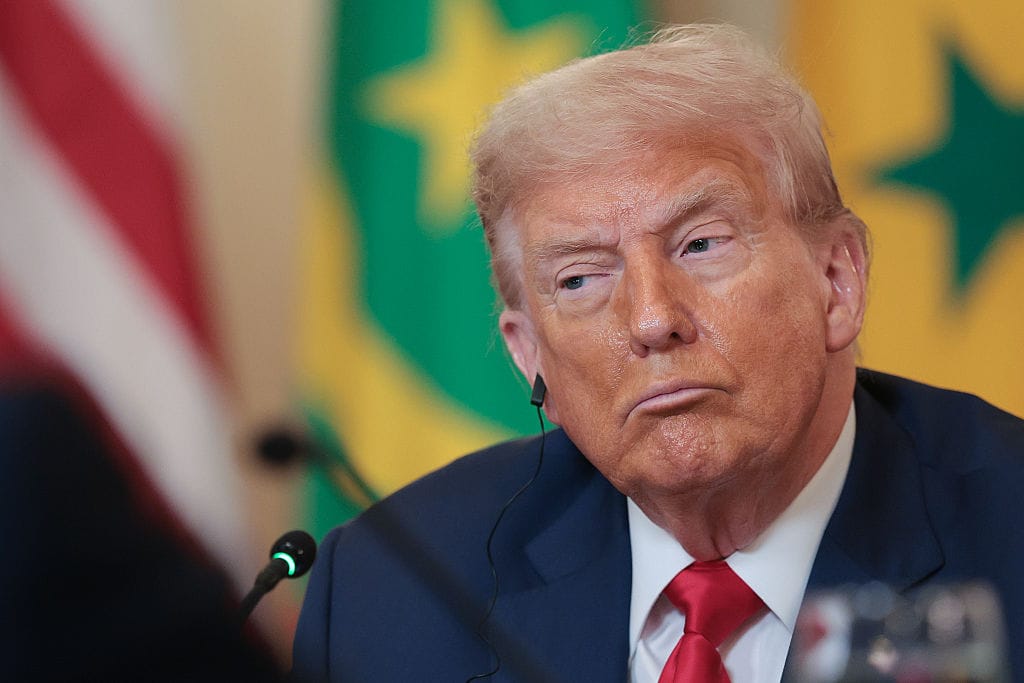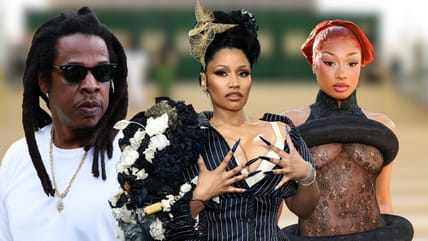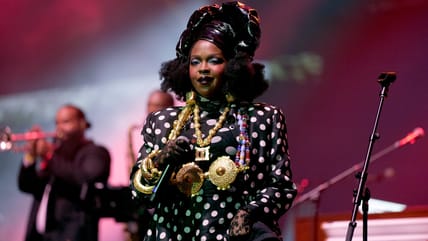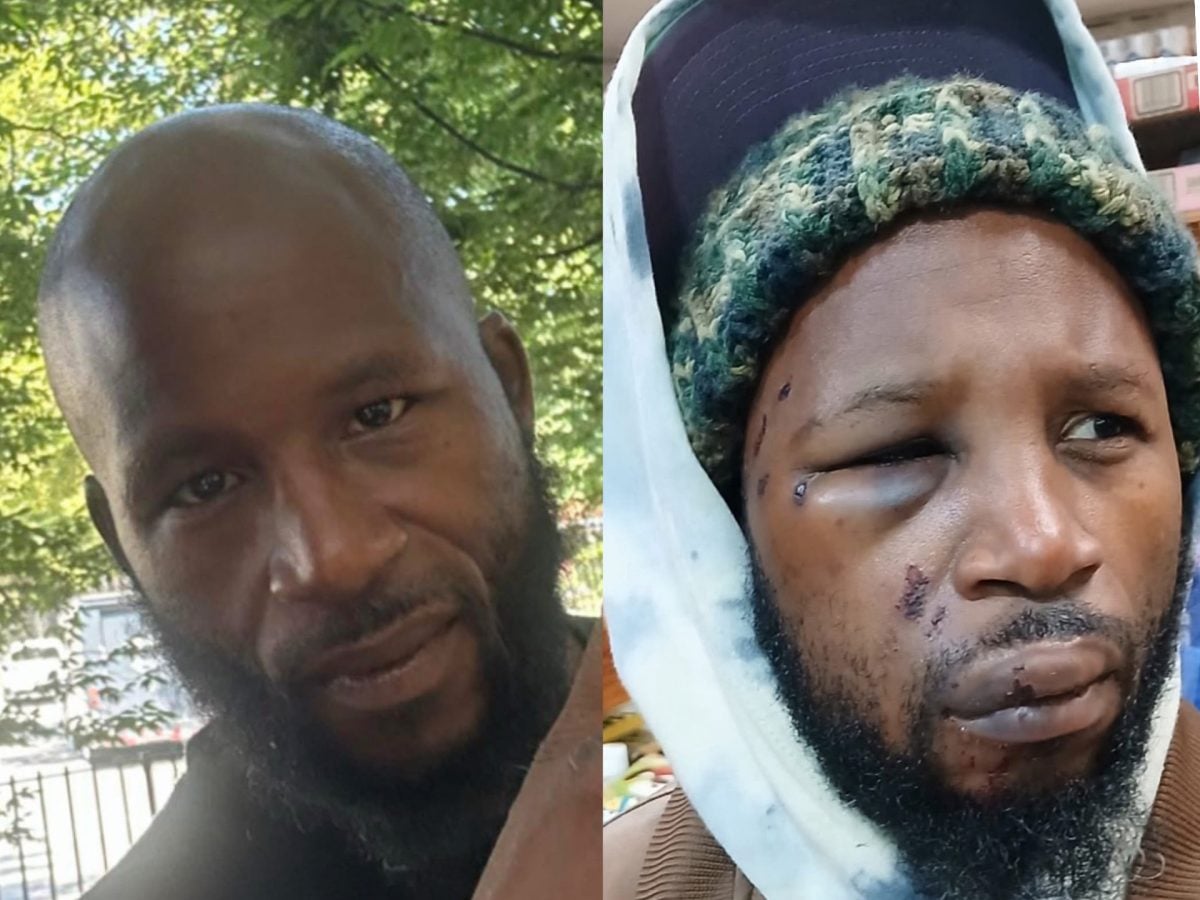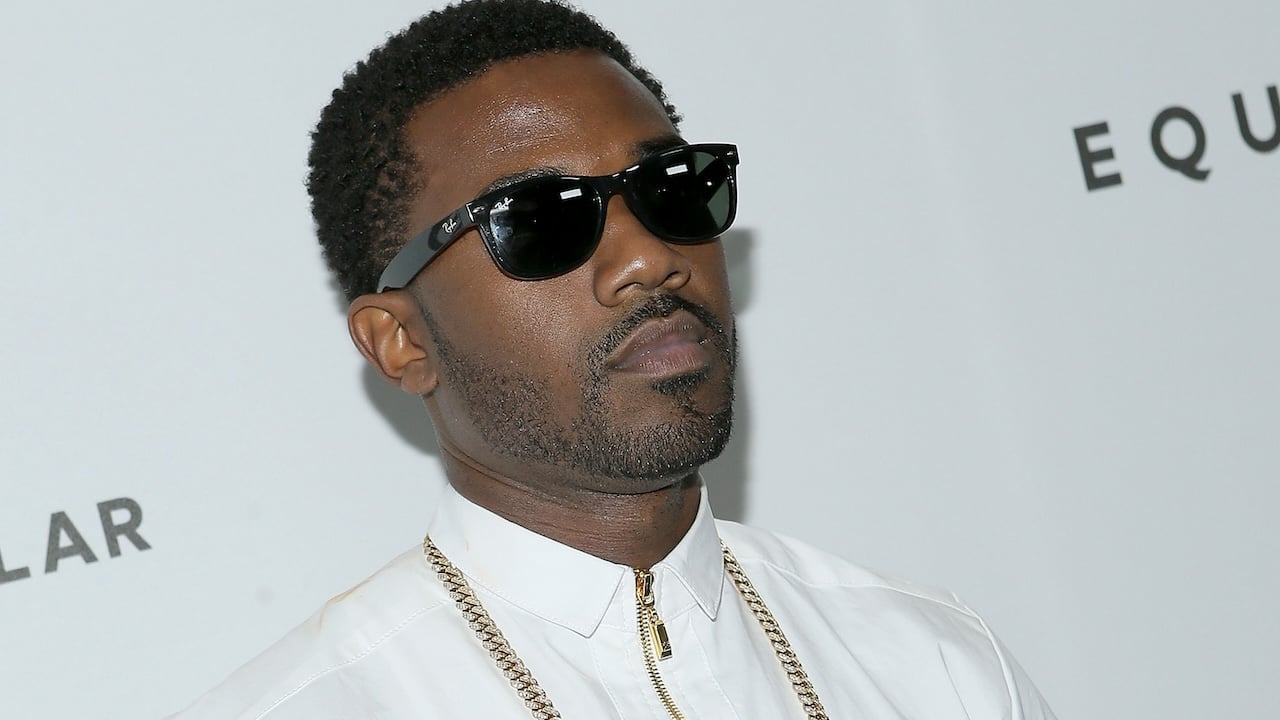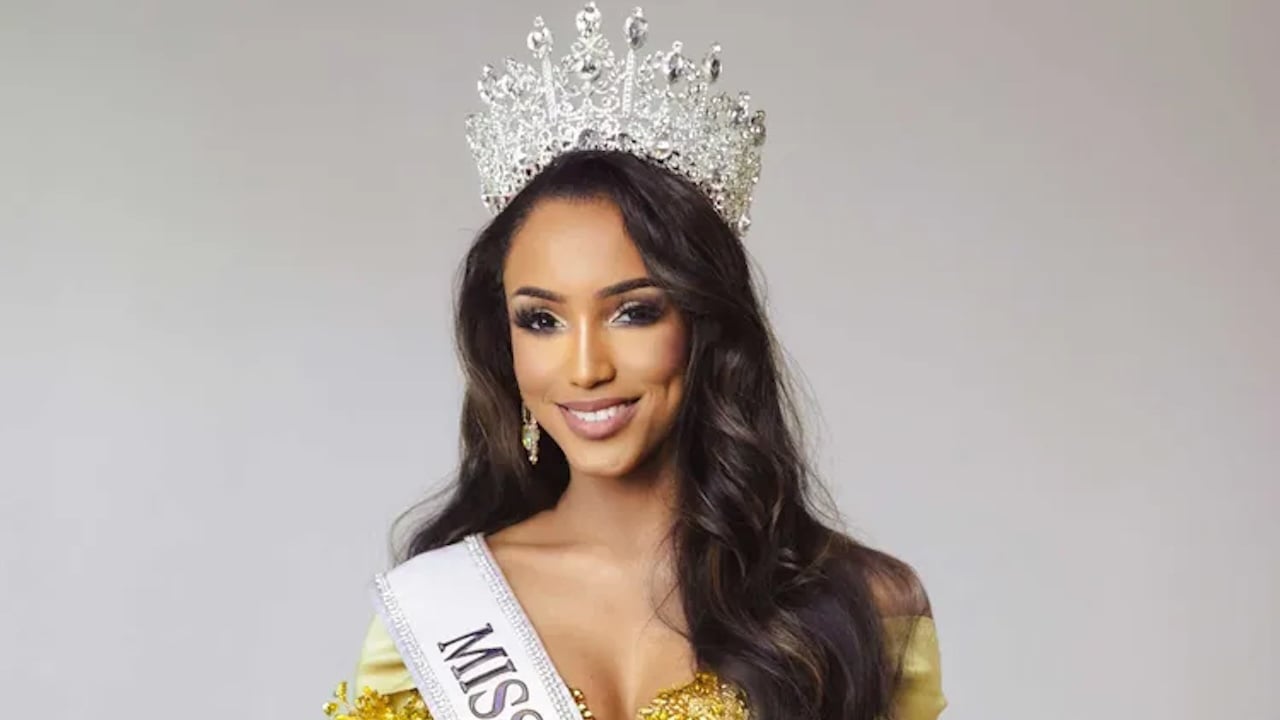President Donald Trump welcomed five African presidents to the White House on Wednesday for a multilateral mini-summit to discuss areas of mutual interest in trade and other kinds of economic partnerships.
“My administration is committed to strengthening our friendships in Africa through economic development efforts that benefit both the United States and our partners,” said Trump, who emphasized that the U.S. government was shifting its approach in Africa away from aid to more trade.
Trump also discussed his recent hosting of foreign ministers from Rwanda and the Democratic Republic of the Congo on June 27, in which the leaders signed a peace agreement after a deadly decades-long war between the two countries.
“There’s a lot of anger on your continent,” said Trump, who said his administration was working on “facilitating peace” in war-torn African nations like Sudan and Libya.
Wednesday’s summit included the presidents of Gabon (Brice Clotaire Oligui Nguema), Guinea-Bissau (Umaro Sissoco Embaló), Liberia (Joseph Nyuma Boakai), Mauritania (Mohamed Ould Ghazouani), and Senegal (Bassirou Diomaye Faye).
Trump and the African leaders briefly spoke to reporters in the State Dining Room about their objectives. During the nearly hour-long televised portion of the multilateral meeting, there were moments of mutual praise between Trump and the African presidents.
Trump notably expressed amazement at how “good” Liberian President Boakai’s English was after the African leader gave brief remarks. English is the official language of Liberia.
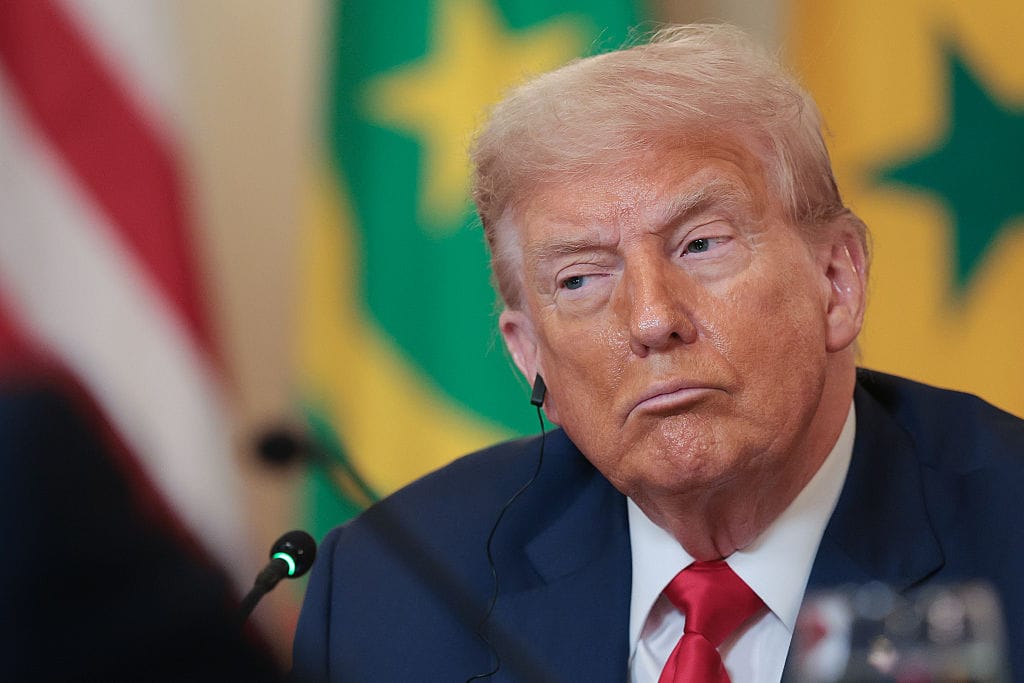
“Where did you learn to speak so beautifully?…You were educated where? In Liberia? That’s very interesting,” said the president.
Bishop Joseph Tolton, an African policy expert and founder of the Pan-African advocacy group Interconnected Justice, told theGrio that Trump’s comments about Boakai’s English harkens back to 2018 when President Trump infamously called African nations “s–hole countries.”
“He approaches Africa from that bias and with that perception that these are kind of barbaric, uncivilized leaders and nations,” said Tolton, who often does missionary and advocacy work across the African continent.
Trump also received nearly unanimous endorsements from the African presidents when asked if they supported him receiving a Nobel Peace Prize for his role in helping to negotiate a peace deal between Rwanda and the DRC and other conflicts across the globe.
“I think that President Trump deserves it for all the efforts that he’s worked on,” said Gabon President Nguema, who said Trump “brought peace back” to the CEAK region, or the Economic Community of Central African States.
Mauritania President Ghazouani said he would “never be opposed” to Trump receiving a Nobel Peace Prize, as he is “already working very hard in favor of peace throughout the world with no distinction, no regard to what continent it’s on.”
President Trump was gleeful throughout the plesantries about his leadership, saying, “I didn’t know I’d be treated this nicely. We could do this all day long.”
Tolton scoffed at the praise for Trump from the African leaders and argued that, despite the Trump administration’s stated commitment to the continent, the U.S. president is putting his personal interests and the interests of the business world above the lives of everyday Africans.
“There’s been kind of an overall concern that Trump had plans on ignoring the continent. It is fair to say that he is not going to ignore the continent as much as he is really intent on selective deal making,” Tolton told theGrio. He explained, “That selective deal making is utterly grounded in opportunism for American companies to get at Africa’s minerals and resources and to really change the balance of trade with African nations.”
However, the African policy expert said there is a distinction between “predatory investments” and “equitable investments.”
“We know that this administration is allergic to the word, concept, and idea of equity. These are not equitable investments that are going to ultimately advance and lift the lives of Africans,” argued Tolton.
When asked by Bloomberg News’ Akayla Gardner on whether he planned on issuing tariffs to Gabon, Guinea-Bissau, Liberia, Mauritania and Senegal, Trump said he “hadn’t thought of it.” Looking at each of the African presidents before him, he continued, “I like him, him, him, him and him. No, I don’t think so. Not too much. It’s very good. These are friends of mine now.”
Tolton said Trump’s seemingly arbitrary approach to tariffs is emblematic of the U.S. president’s aim to create a “cabal of African dictators who share his sensibilities around strongman governments.”
“He is interested in creating a club of African dealmakers who will be involved in transactional relationships that first benefit them as individuals, and if anything trickles down to the African population or citizenry, well, maybe it does, or maybe it doesn’t,” he said.
Tolton added, “What is driving his relationship with Africa is what can I do from a humanitarian perspective that’s going to get me a Nobel Peace Prize, so that there’s nothing that [Former President Barack] Obama got that I can’t say that I have.”


